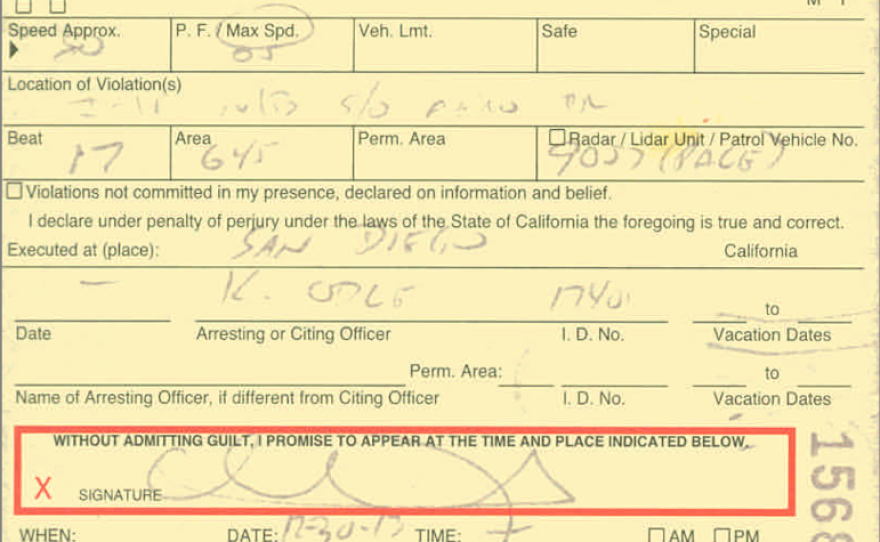Google announced Thursday it will stop selling Google Glass in its current form. The company is ending its "Explorer Program," which provided select testers with the small wearable display.
Google plans to continue developing the product under new leadership, but Monday will be the last day for consumers to buy the current $1,500 model.
The device had a rocky rollout, resulting in a number of bizarre San Diego stories.
Cecilia Abadie of Temecula made national news when a California Highway Patrol officer in San Diego issued her the first-ever traffic ticket for driving while wearing Google Glass. Her citation was later dismissed because there was no proof her screen was on while she was driving.

Abadie said she still uses Google Glass nearly every day. She's excited to see it moving out of Google's experimental division, Google X.
"This is the perfect next step for Glass," Abadie wrote in an email. "Google Glass is graduating from Google X and becoming a Google product, which already shows the company finds it viable and will invest more resources on its development.
Sluggish sales of Glass indicate the device hasn't caught on with consumers.
But for at least one Navy servicemember in San Diego who used the device on the job, Glass became a full-blown addiction. That's according to a case study authored by doctors at the Naval Medical Center San Diego.
"This servicemember was being treated for alcohol addiction in a 35-day residential treatment center," Dr. Andrew Doan told KPBS last November.
"In that 35-day period, we take away all technology. He kept on tapping the side of his face when we asked him questions. And he shared with us that the craving for Google Glass was greater than the craving for alcohol," Doan said.
Bad publicity aside, many saw potential in Google Glass. That includes the Navy’s Pacific Fleet commander, Adm. Harry Harris. He wore Glass onstage at a San Diego conference last year, and said the Navy would consider outfitting more sailors with Glass:
We've got a big shopping list. We need platforms, we need weapons systems, cyber tools, hand-held devices, and yes, even cool wearable optical devices like the one I'm wearing. If it makes us better war-fighters, we're interested.
Google has not provided a timeframe for when to expect a new version of Glass.






